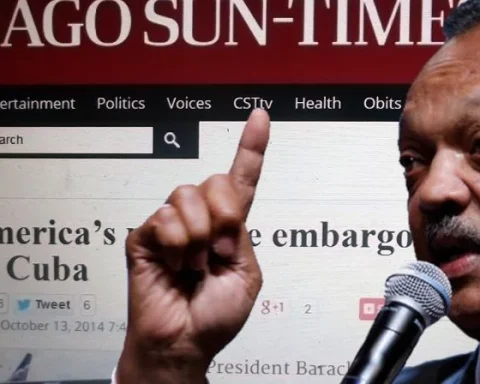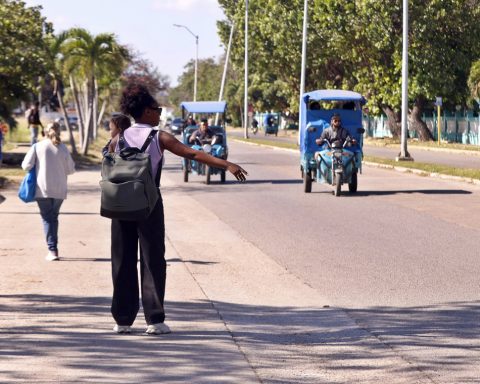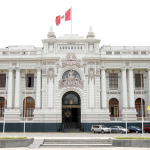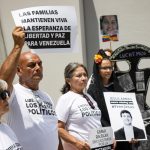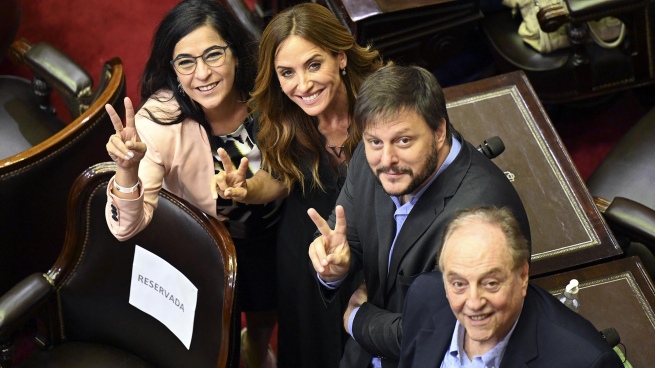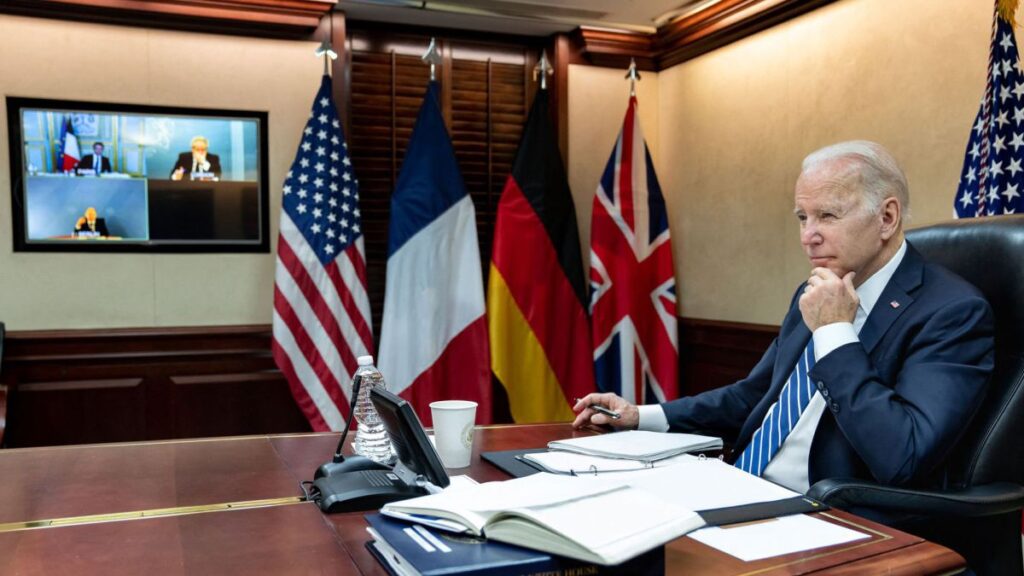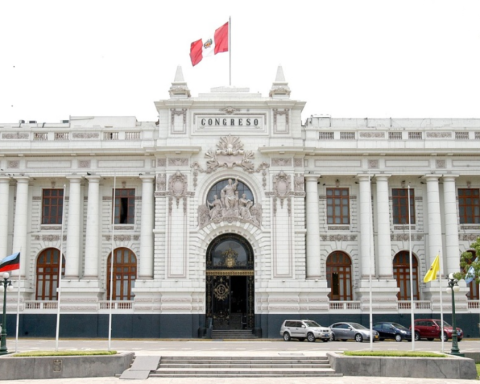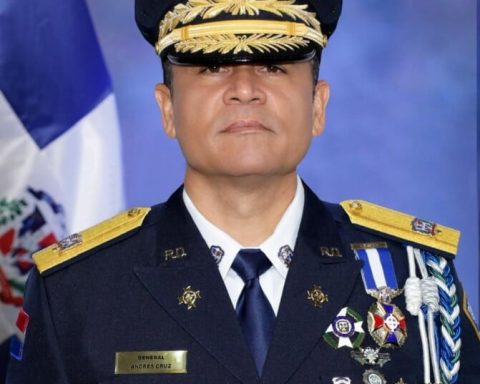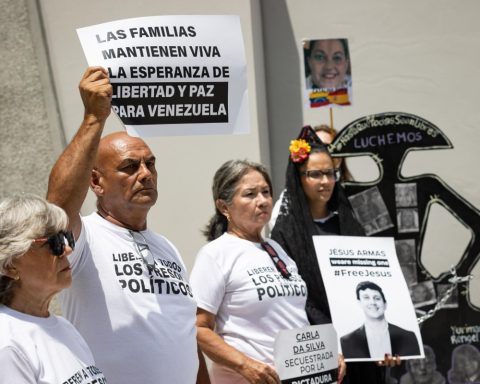The entity was inaugurated by Vilma Espín, a chemical engineer and leader of the Communist Party, who founded the Federation of Cuban Women (FMC) in 1960 for the economic and political empowerment of women and gender equality on the island.
In the Social Institutions and Gender Index of the Organization for Economic Cooperation and Development, Cuba scored 0.02 in 2014 (the latest available), indicating very low discrimination against women in social institutions.
The Gender Inequality Index of the United Nations Development Program gave Cuba a score of 0.304, lower than the world average of 0.436, an index that the country progresses on par with many developed nations in terms of reproductive health, empowerment and labor market.
Likewise, Cuba guarantees access to universal and free education for women and established equal pay for the same work and presents the second parliament in the world with the highest female participation, with almost 53 percent women.
They represent 70 percent of professional judges and prosecutors in Cuba, according to the portal.
Cuba’s impressive achievements, the site reported, are achieved despite the economic blockade imposed by the United States.
During Covid-19, he recalled, the White House deliberately hindered the importation of medical supplies and prevented the acquisition of more than 30 urgent products and supplies for prevention and treatment protocols.
From April to December 2020, the US blockade caused losses to the Cuban health sector for 200 million dollars, he added.
Washington prevented the execution of financial transactions with the suppliers of the purchased supplies and the execution of donations from different organizations to fight the pandemic.
The island’s health system and its biopharmaceutical prowess owe much to the vision of the leader of the Cuban Revolution, Fidel Castro, who prioritized education and health, News Click stressed.
acl/abm


